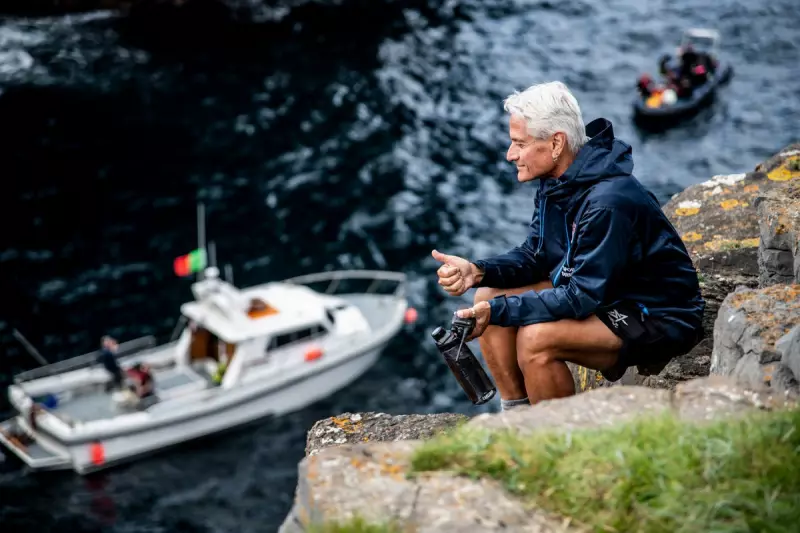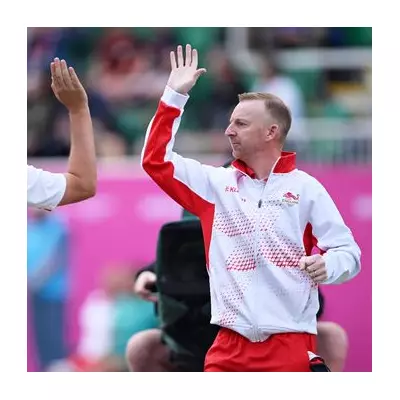
In an exclusive and deeply personal interview, Olympic diving legend Greg Louganis has revisited one of the most dramatic and courageous moments in sporting history: his triumphant gold medal win at the 1988 Seoul Olympics, just months after a life-altering HIV diagnosis.
The American athlete, widely considered the greatest diver of all time, has shared the immense emotional and physical burden he carried during the games, a secret known only to his doctor and a handful of close confidants.
The Dive That Shocked The World
Louganis's journey to a second consecutive Olympic gold was nearly derailed in a heart-stopping moment during the preliminary rounds. While performing a reverse 2½ pike, he hit his head on the springboard, suffering a concussion and gashing his scalp.
The world watched in horror, unaware of the terrifying dual risk the incident presented. "My initial thought was, 'Oh my God, I'm bleeding,'" Louganis recalled. The fear of exposing others to his blood in the pool was instantaneous and overwhelming.
A Victory Forged in Silence and Strength
Despite the injury and the immense psychological pressure, Louganis demonstrated superhuman resolve. After receiving stitches, he returned to the pool and executed a near-perfect dive from the same board the very next day.
His subsequent performance in the finals secured his place in the pantheon of sporting greats, claiming gold in both the 3m springboard and 10m platform events. This incredible feat was achieved while navigating the intense stigma and fear surrounding HIV in the 1980s.
A Legacy Beyond The Podium
Louganis chose to keep his diagnosis private for years, finally revealing his truth in his 1995 autobiography. His decision to speak out transformed him from a celebrated athlete into a pivotal advocate for HIV awareness and LGBTQ+ rights.
Reflecting on his legacy, Louganis now sees his story as one of hope and resilience. His journey from a scared young man fearing discrimination to a revered elder statesman of sport continues to inspire a new generation of athletes to compete as their authentic selves.
His Seoul victory stands not just as a testament to unparalleled athletic skill, but as a profound symbol of humanity's capacity to overcome adversity in silence and emerge stronger.





